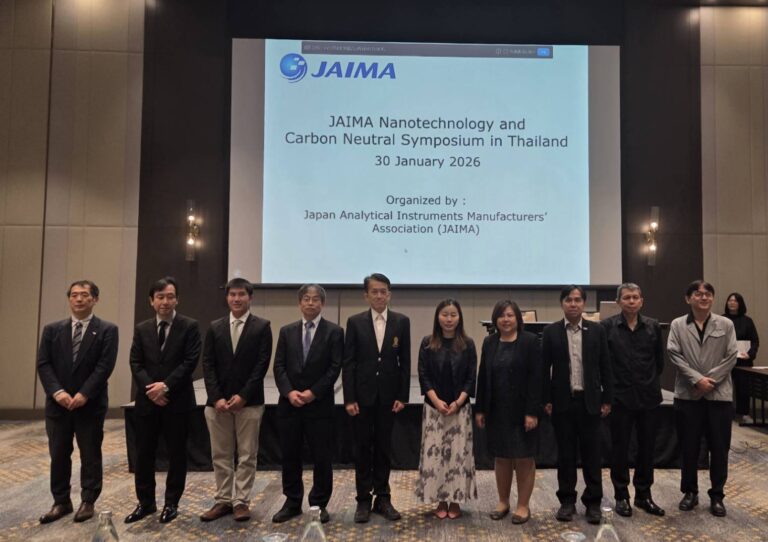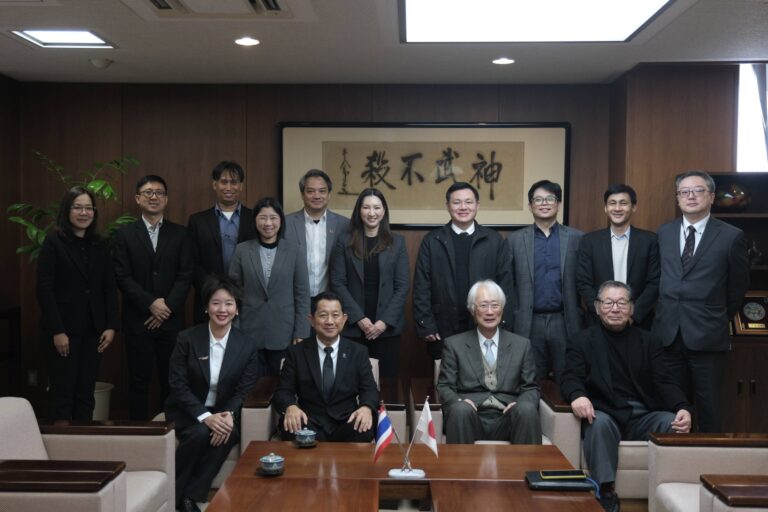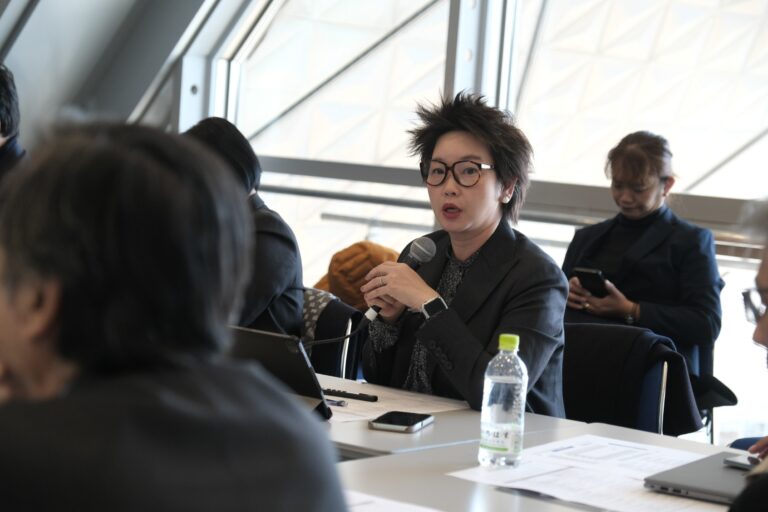Thomas Jefferson once said “I consider ethics, as well as religion, as supplements to law in the government of man”. I think what he meant is that ethics are simply set of rules that help to differentiate between what is right and what is wrong in other words, “norms of conduct”. I am sure you all must have heard of the Golden Rule of “Do unto others as you would have them do unto you”. What is important to note is that law and ethics are not the same thing.
In the case of research, ethical norms are considered very important and can have several focuses depending on what you are looking at such as medicine, engineering, law, and business. Research ethics promote the aim of research such as knowledge, truth, and avoidance of errors. In addition, there is also the ethical norm for promoting the values of collaborative work such as trust, accountability, respect, etc.
“Researchers have social responsibilities that call for honesty of profession and implication of their research work to society” said Prof. Yongyuth Yuthavong during his keynote talk at NANOTEC’s NANO Talk session. “These responsibilities extend to the way they do their research, how they report their research findings, and awareness to potential dangers and benefits”.
Prof. Yongyuth used sample well known cases to illustrate his point on consequences of not adhering to research ethics such as the Piltdown Man, the Baltimore Case, the Summerlin Case, the Vijay Soman case, and the Hwang Case. He also put the blame on journals as being part of the problem such as the case of Jaochim Boldt who was stripped of his professorship for possible forgery of 88 publications on anesthesia with Ethics Committee approval.
Prof. Yongyuth also stressed the need to be aware of the age of open publication since the online journal approach offers more opportunities to publish with authors’ fee. He referred to the open publication journals as “predatory” who hunts for authors’ fee without due quality control.
When asked if research ethics and researchers’ ethics are the same, Prof. Yongyuth’s response is that they are NOT the same thing.
Prof. Yongyuth gave the example of the research on the use of human embryonic stem cell as an ethical controversy research topic that has been ongoing for several years.
In one of his summary statement, Prof. Yongyuth echoed the Hippocratic Oath which is commonly attributed by the phase “First, do no harm and injustice” as something researchers should value and think about before embarking on their research projects.
Prof. Dr. Yongyuth Yuthavong is the former Minister of S&T and is currently a member of the NANOTEC Executive Board. The NANO Talk session on “Ethics of Scientific Research and Researchers” by Prof. Yongyuth is one of several keynote talks that will take place in 2013 to mark the NANOTEC 10th Anniversary Celebration on August 13.




